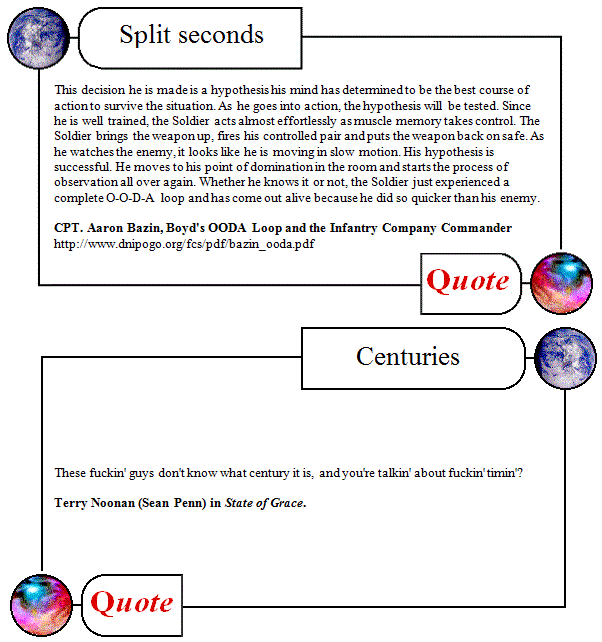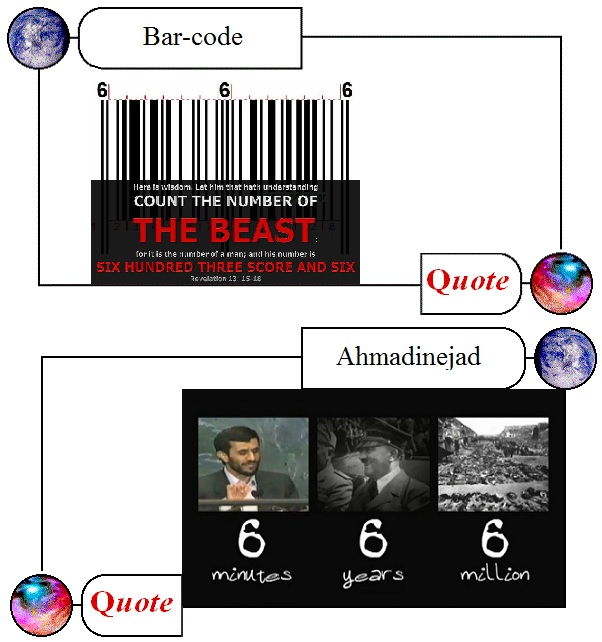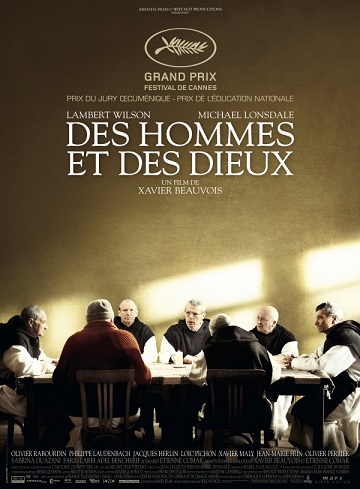Robert Ingebretson, a friend of mine from high school, posted this video of the world’s first 3-D computer animation.
His father, the elder Robert Ingebretsen, was an important pioneer in the development of digital audio. Earlier he’d been a classmate of Pixar cofounder Ed Catmull at the University of Utah in the early 1970s. During that era, the U. was a hotbed of computer and digital graphic, audio, and video innovation. Its computer science department produced important pioneers in the field like Ingebretsen, Catmull, and Adobe founder John Warnock.
Ingebretsen helped Catmull make this 3-D computer animation in 1972:
The film fell into my hands because Ed and my dad were good friends and office mates at the University of Utah in the 1970s where they were both pursuing upper graduate degrees in computer science. My dad was focused on digital audio and Ed (of course) on computer graphics. Either because of their friendship or possibly because they were renting time on the same computer, my dad ended up being responsible for the 3D morphing titles at the beginning and end of the film (his credit is at 6:15). I guess that entitled him to a copy of the 8mm reel (it was rendered to actual film; this, of course, predated any kind of real time digital playback by many years).
A couple of years ago, Ed was speaking at the University of Utah (giving, I believe, some version of this talk) and ran into my uncle. They talked about my dad and that resulted in Ed inviting a handful of us to take a tour of Pixar.
A few months later we took a plane to SFO for the tour. I sort of expected to shake Ed’s hand and then take a tour with an intern. It wasn’t like that at all. Ed spent an hour with us. It was amazing and incredibly personal. He shared stories about the early days, gave advice about managing creativity, told stories about Steve Jobs, shared thoughts about the transition to Disney and even told stories about my dad.
Catmull later worked for Star Wars director George Lucas’ special effects shop Industrial Light and Magic. While there Catmull was instrumental in making the first computer generated animation used in a motion picture. A few years later ILM’s computer graphics division, along with Catmull, was purchased by a washed up former Silicon Valley executive turned cult leader noted for his obsessive concern for typography.


